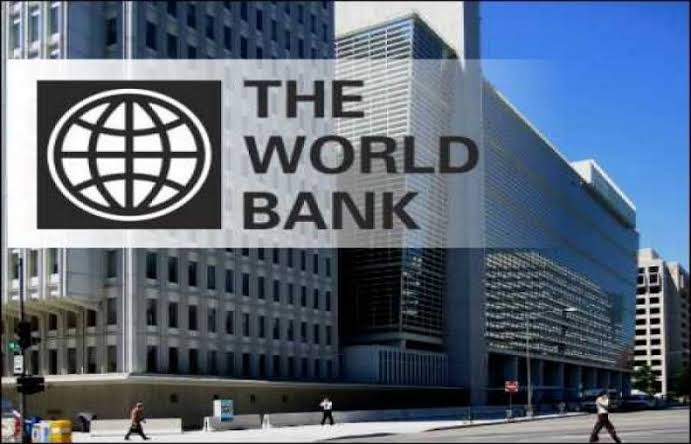By Iyema David
The World Bank Group says Nigeria will not succeed in lifting 100 million people out of poverty if its does not realise its demographic dividend and achieve the demographic transition.
Dr. Shuabham Chaudhuri, Country Director, World Bank Group, Nigeria, made the call on Friday at the policy note launch by the World Bank Group Nigeria to explore issues affecting adolescent girls in different cultural and geopolitical contexts.
The event is to highlight the World Bank Group Nigeria policy note to inform stakeholders on policy choices that allow Nigeria to capitalize on its demographic dividend potential, focusing on adolescent girls. As well as bringing their issue to the front burner of national policy discourse.
Chaudhuri said that the single most important thing the country needs to do to manage and realise its full demographic dividend was to keep its adolescent girls in school.
“If we keep girls in school for at least sec school, they would have matured enough for marriage at 18,” he explained.
While speaking at the launch, Minister of Women Affairs and Social Development, Mrs Pauline Tallen, said that Nigeria for Women project was doing well in Ogun State.
Tallen said that few women that were selected and trained were also being paid.
“We are missing out on not empowering women in Nigeria, I don’t know why men are scared about women’s empowerment but that is the smartest thing to do,” she said.
According to her, when women are empowered, it has a multiplier effect in terms of social and economic dividends for her family and society at large.
The minister stressed that the country must address the issues of poverty in order to address the problems that affect adolescent girls and women.
According her, we need more men’s voices. When men speak, other men will listen.
Pioneer Country Director of Plan International Nigeria, Dr. Hussaini Abdu, noted that the political economy of a family was equal to the political economy of a woman.
Abdu stressed that poverty had the face of a woman.
“When we invest in women’s empowerment, we stop all distractions that prevent girls from accessing education and healthcare to advance their lives,” he explained.
Ms Dena Ringold, Regional Director for Human Development for the West and Central Africa Region, said that human development capital was important because it was the foundation for productive life and prepares children for their future.
“During the COVID-19 outbreak, Nigeria recorded low access to maternal access, increased school dropout, child marriage, and gender violence.
“All these affect adolescent girls adversely in Nigeria,” she said.
Ringold noted that it was crucial that the country invest in adolescent girls in order to increase the number of girls attending school and to reduce girl child marriage.
She noted that Nigeria also needed to engage boys since they were critical enablers of girls’ access to quality of life.
Dr Tekabe Ayalew Belay, Program Leader, Human development, World Bank Group, said that Nigeria needed to focus on girlchild education because it would improve their chances in the labour market.
Belay said that a reduction in child mortality and fertility would be greatly enhance the human capital development vision in the country.


